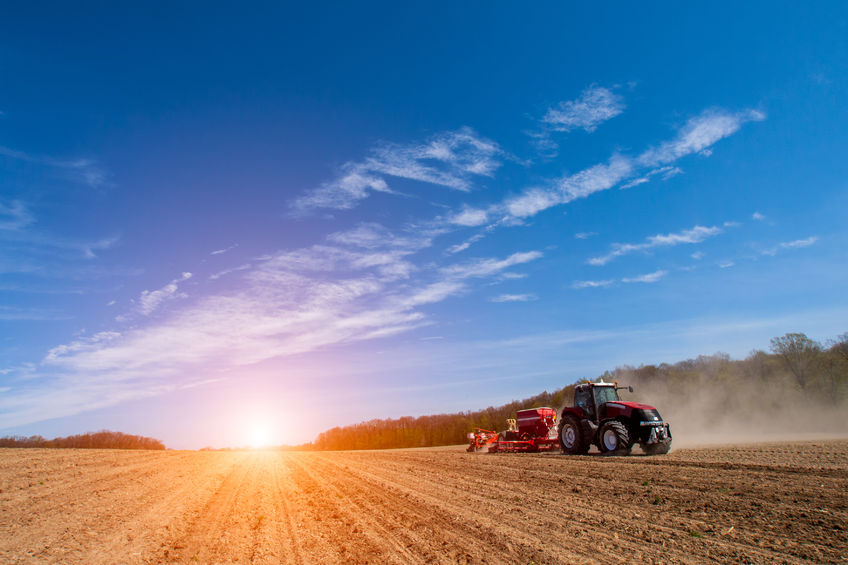
The outlook for UK farm profitability in 2018 is brighter than it has been for some years, according to projected figures.
According to the new John Nix Pocketbook for Farm Management, the budgeting figures show returns for most farming sectors at their highest levels for four years.
For example, the gross margin for feed wheat, for an average producer reaches £744 per hectare (£300 per acre), up about 12 percent on last year’s budgeted figure.
This is based on a feed wheat price of £140 per tonne which is roughly where November 2018 ex-farm prices currently sit.
Winter oilseed rape is also at a high of £662 per hectare using 3.5 tonnes per hectare, the highest margin since 2014.
In the livestock sector, the outlook is equally positive, with dairy budgets up above the 2016 and 2017 years with all-year-round calving herds averaging a gross margin of over £1,000 per cow, levels not seen since 2015.
For beef, autumn lowland suckler herds are seen generating £200 per cow head, again figures not achieved for many years.
Sheep gross margins return a strong set of results from lowland and upland lambing as well as rearing and finishing.
'Average farmer'
Author Graham Redman is quick to remind that these figures are for the ‘average farmer’.
Most farmers who use the Pocketbook, he says, tend to be above average performers, so may want to use the ‘high’ performance figures for their own comparative calculations, adding substantially to the gross margin.
He points out that the biggest difference between top and bottom farmers is often the overheads and these are more difficult to measure; one way is using guidance in the Pocketbook.
Indeed, the changes to the overheads for 2018 are relatively minor, suggesting that the overall outlook for profit next year is greater than for 2016 or 2017.
Mr. Redman warns that it is easy for rising overheads to erode any additional gain from gross margins and the need to keep tight control of them is as important as ever.
Mr Redman points out that 2018 might be the last year of trading in a completely open market with the UK's largest customer, the EU, and farm economics might be quite different after then.
The impacts of Brexit so far have been positive on farming, because the pound has weakened, raising the price of UK farm goods, but the industry still don’t know what will happen in the future.
